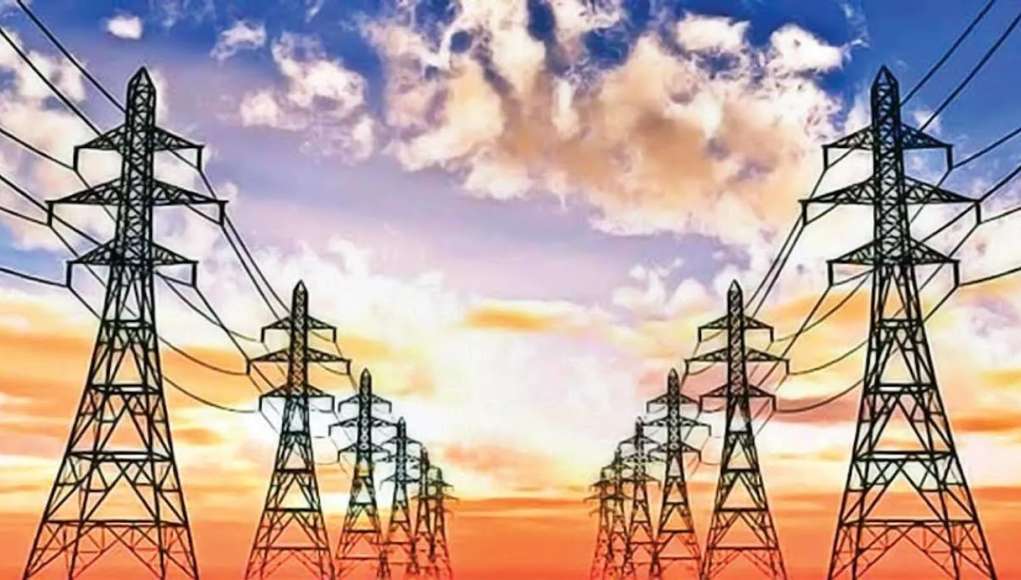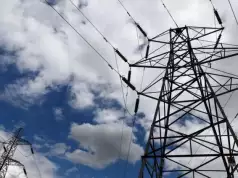According to the Nigerian Electricity Regulatory Commission’s recently issued first quarter report, Niger presently owes Nigeria N4.22 billion ($5.48 million: $/N769.27 exchange rate) for power delivery.
According to the study, Niger’s state power provider, Nigerien Electricity Society, had yet to pay the $5.48 million invoice issued by the Nigerian market operator for electricity supply.
“None of the underlisted international customers made any payment against the cumulative $16.11m invoice issued to them in 2023/Q1; Paras-SBEE ($3.46m), Transcorp-SBEE ($3.85 million), Mainstream-NIGELEC ($5.48m) and Odukpani-CEET ($3.32 million).
“Out of the N842.38m invoice issued by MO to all the eight (8) bilateral customers in the NESI, only North-South/Star Pipe made a remittance of N15.38m against its invoice of N24.69m,” it stated.
The NERC directed the Market Operator to use a market rule provision to limit the payment indiscipline displayed by various market participants.
On August 2, Nigeria’s power supply to the Republic of Niger was cut off.
ECOWAS, chaired by President Bola Tinubu, resolved last week to sanction military troops in Niger who overthrew President-elect Mohamed Bazoum in a coup.
NIGELEC has an electricity supply deal with Mainstream Energy, a Nigerian power company.
On the basis of different Transaction Service Agreements, Nigeria also sells energy to the Republics of Benin and Niger.
“Nigeria has disconnected the high voltage line that carries electricity to Niger since Tuesday (last week),” AFP said, citing industry sources through local manufacturing.
According to NIGELEC, Niger’s sole energy supplier, 70% of Niger’s share of electricity in 2022 will come from purchases from the Nigerian firm – Mainstream.
The electricity supplied to Niger is generated at the Kainji Dam in Niger State.
Niger, on the other hand, is trying to develop its first dam by 2025 in order to wean itself off of its reliance on Nigeria for energy.
The Kandadji Dam, located about 180 kilometers upstream of Niamey, is expected to generate 629 gigatonnes of power each year.
According to a separate BBC story, key cities in Niger are experiencing rolling blackouts because of last week’s coup.
Niamey, Maradi, and Zinder residents received power for roughly an hour at a time before it was cut out for up to five hours. Power outages of this magnitude are unusual in Niger, which generally has consistent and dependable power supplies.
Kunle Olubiyo, President of Nigeria Consumer Protection Network and Coordinator of Power Sector Perspectives confirmed that ECOWAS would cut off Niger Republic’s electrical supply.
“About 60 percent of power supply to Niger comes from Nigeria. Just like organized labour usually shuts down the national power grid as part of negotiations when all appeals might have failed to achieve results, Mr. President (Tinubu) is the leader of ECOWAS at the moment.
“Disconnection of power supply is seen as a low-hanging fruit,” he stated.










